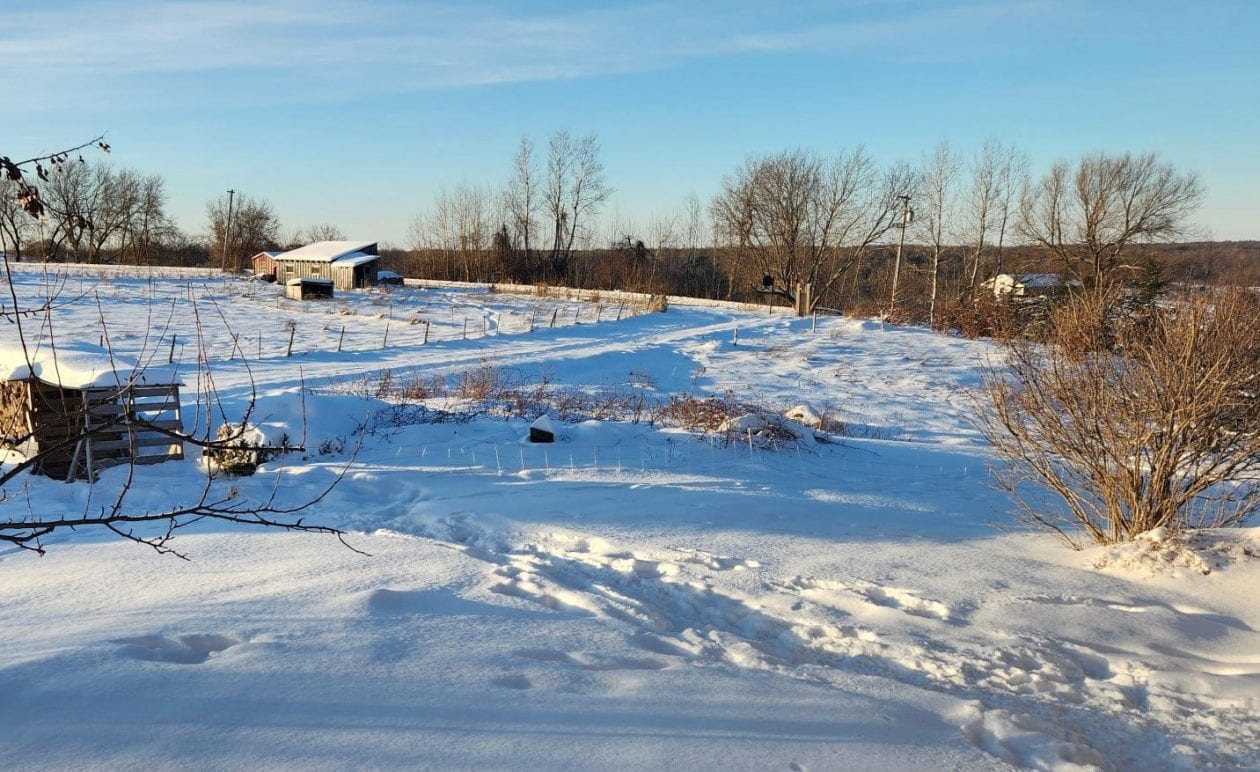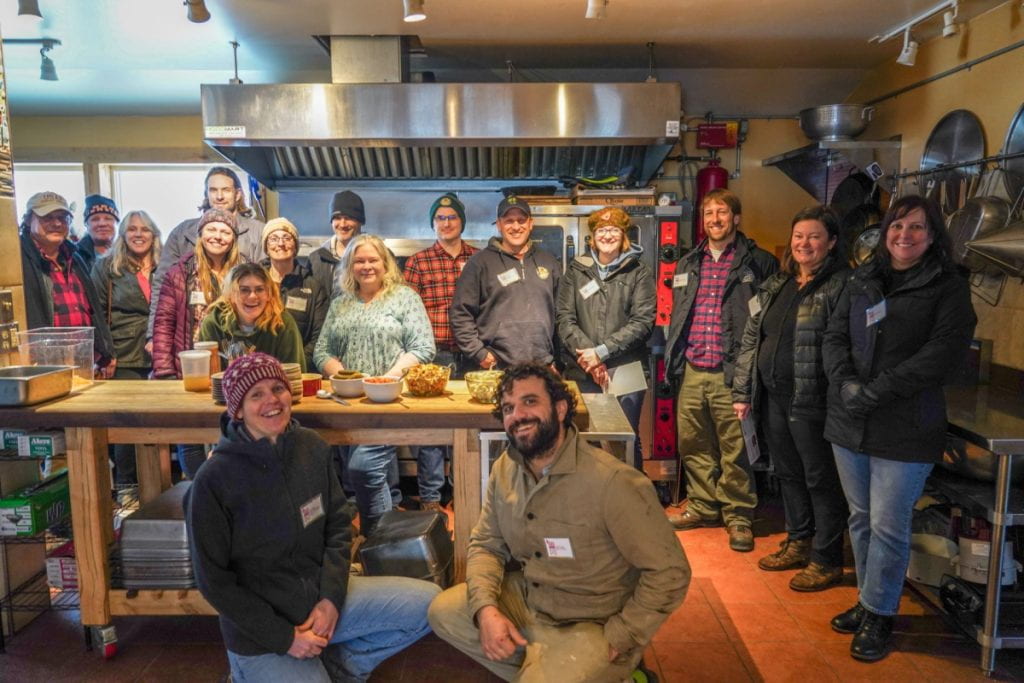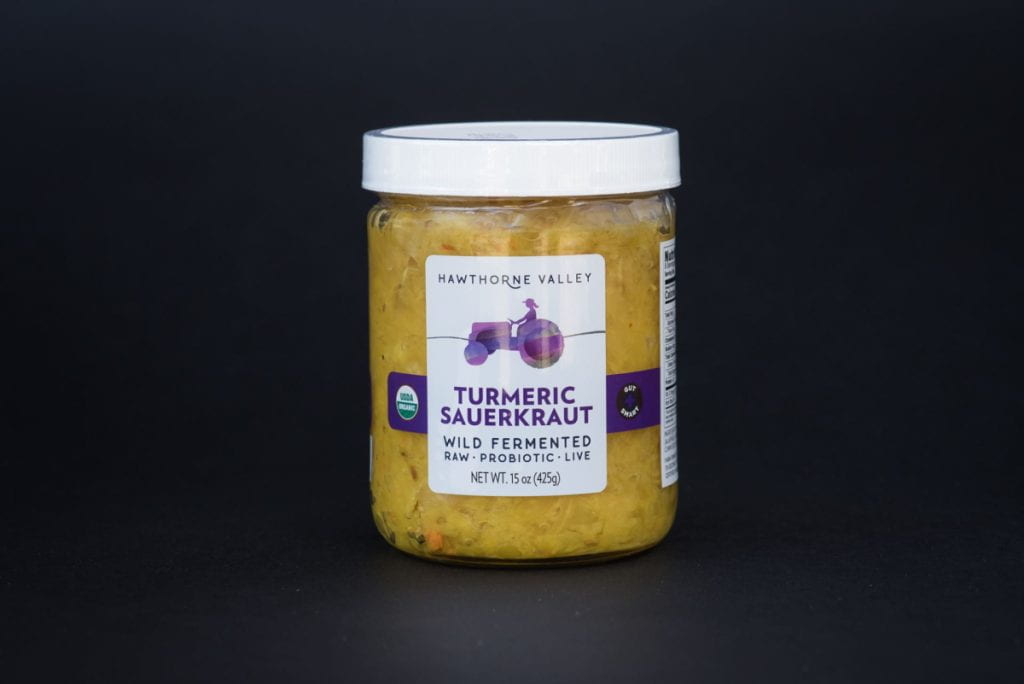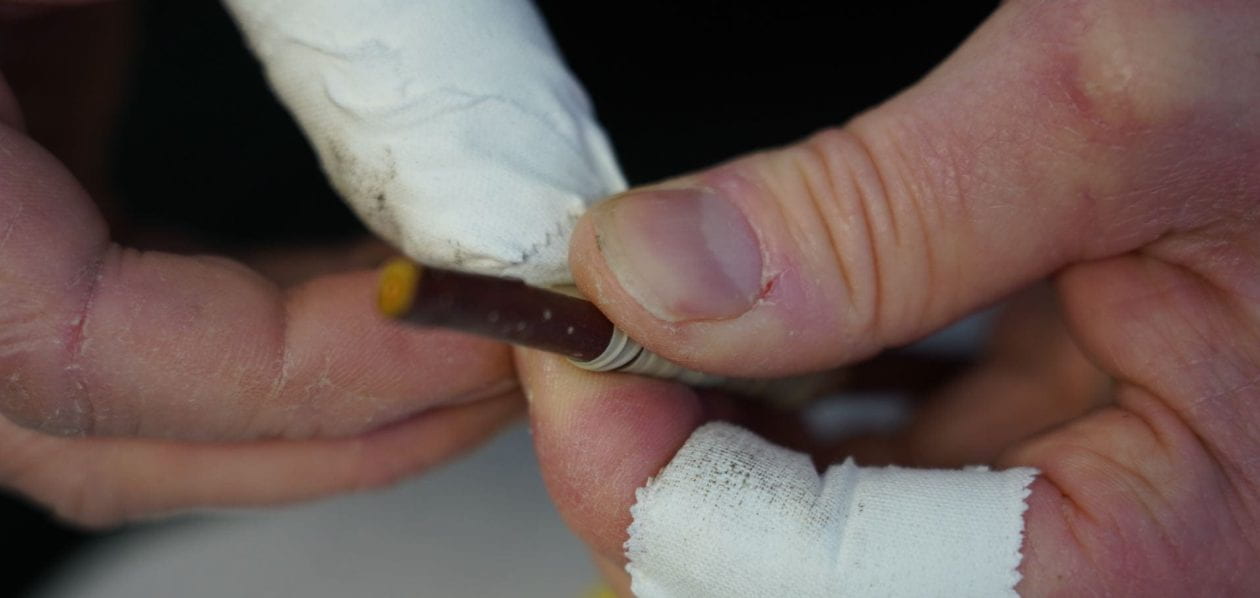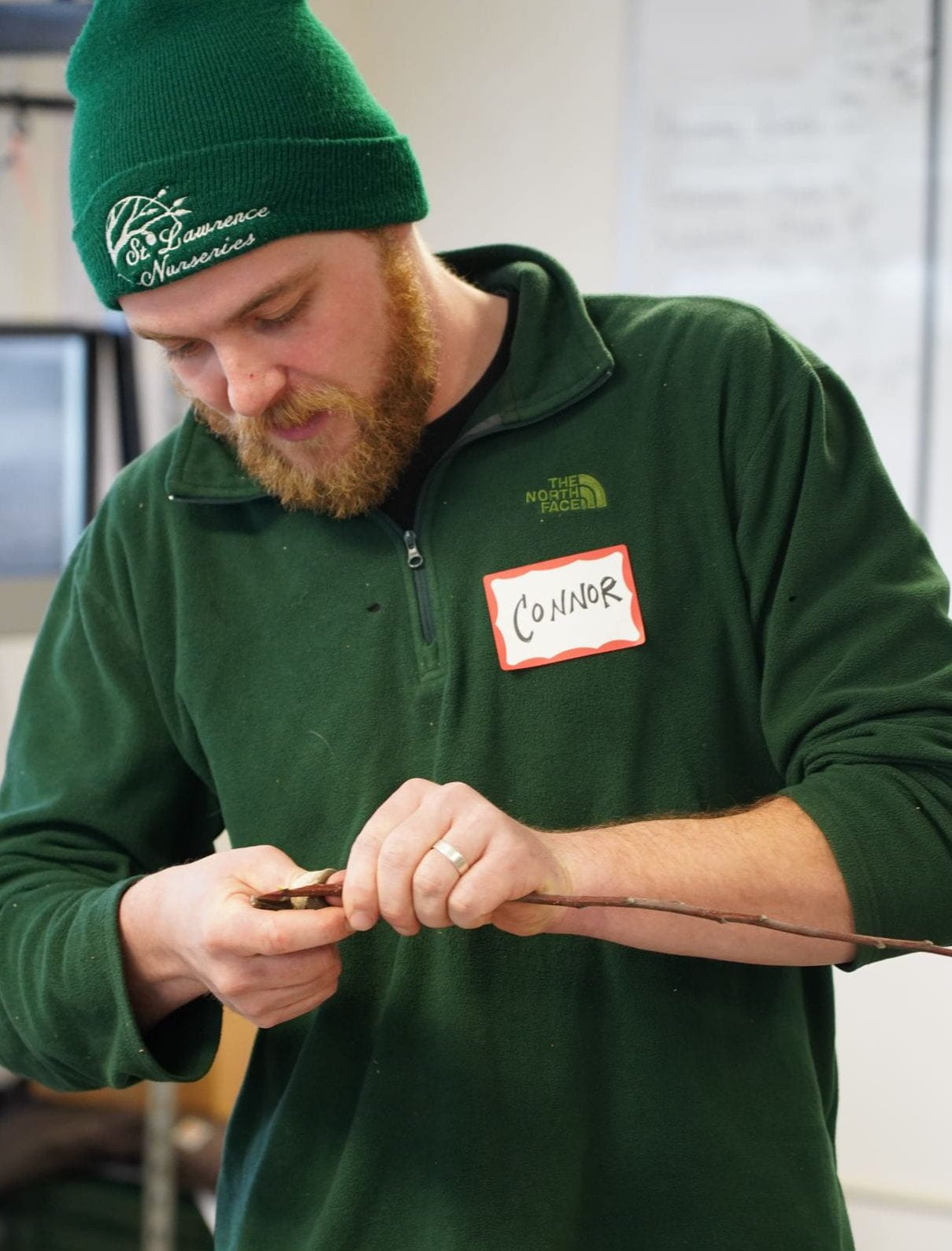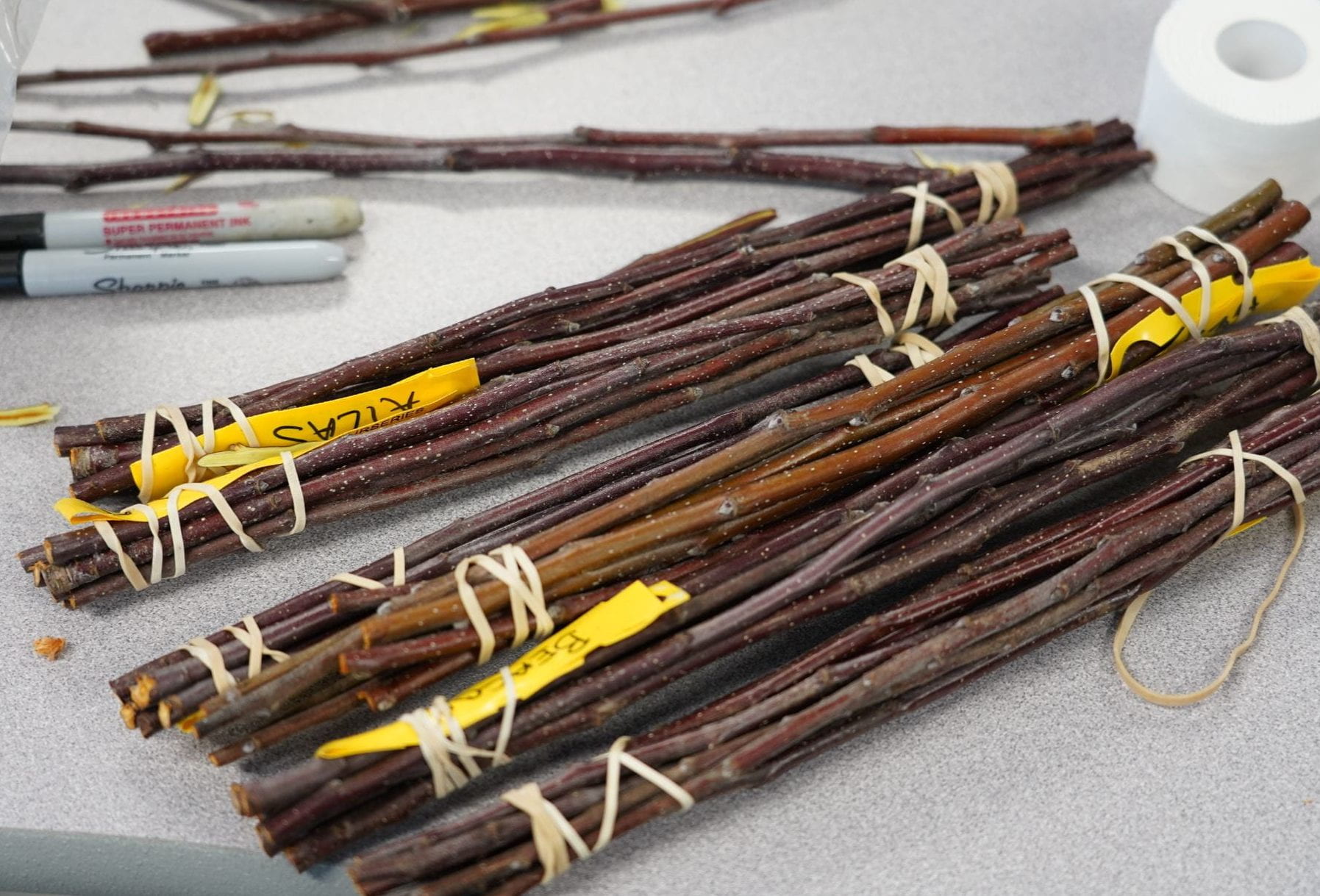Anyone who’s lived in the North Country knows the winters here can be challenging. I’ll be the first to admit the -30 degree Fahrenheit wind chill days and long periods of darkness were not easy for me to adjust to when my partner and I moved here seven years ago. I found myself dreaming of long sunny days, fresh foods, and humid, hot nights. But over the years, I’ve grown to appreciate the dark, cold winter and all that it offers: the slower pace of life that winter requires, the opportunity to cross country ski and snowshoe, warm nights by the wood stove, and intentional cooking.
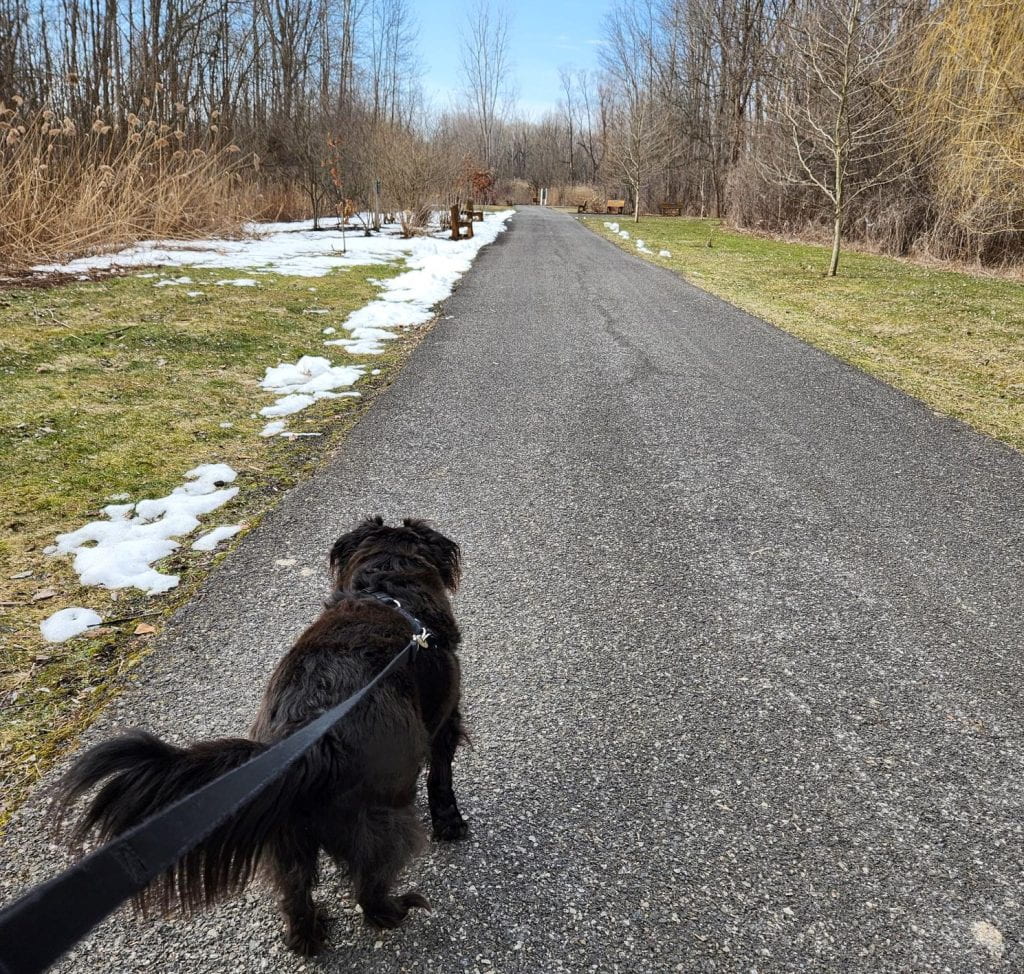
Now, in March, as we shift from winter to spring, the transition takes some time, and I again get impatient for warmer weather. In doing so, I sometimes miss the small changes and processes our natural world is undergoing. So as a way to stay present and honor the earth reawakening during the spring transition, I look to our local foods and cooking as a ritual to celebrate these changes. March is hard on local foods. Root cellar food and freezer stocks start to dwindle before fresh produce is abundant again, but there are delicious upsides to this season as well. Maple syrup is being boiled and chickens are laying more eggs.
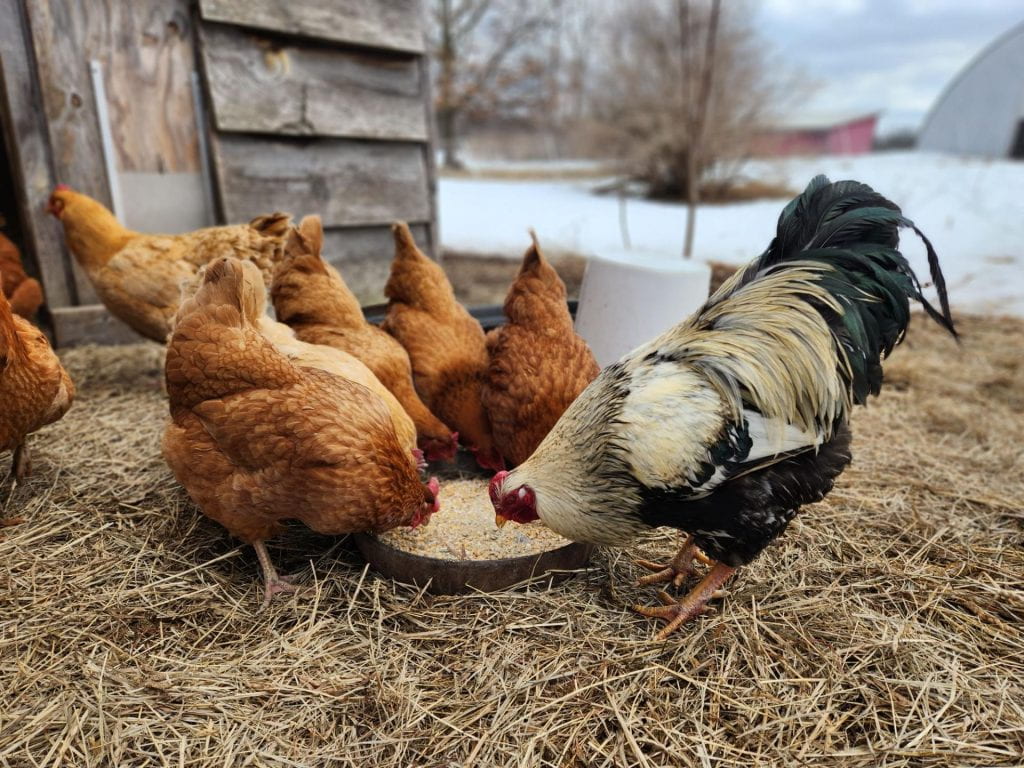
One recipe that is perfect for this time of year is a Sausage Egg bake. We make it for special occasions, or just because. Its main ingredients are all foods you can find locally either from stored and preserved foods or produced fresh. These ingredients include eggs, sausage, potatoes, milk, cheese, frozen spinach (or any type of dark leafy green), garlic, and onion. Mixed with spices, or maybe even a drizzle of fresh maple syrup, and baked in the oven, you now have yourself one tasty and easy dish to serve and welcome spring back to our region.
Read more Celebrating the Transition to Spring with Local Foods
